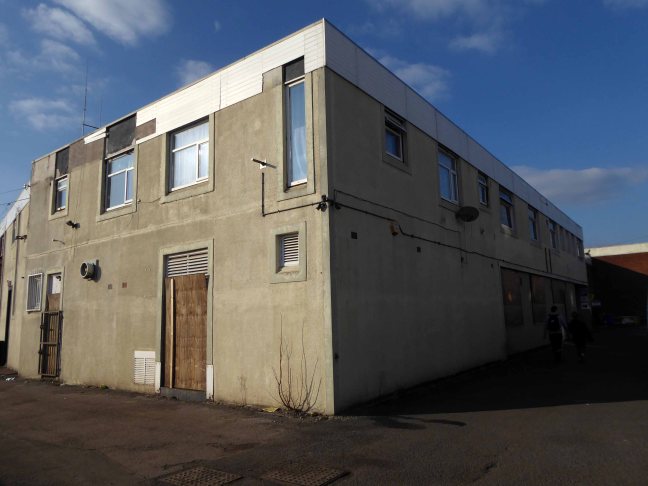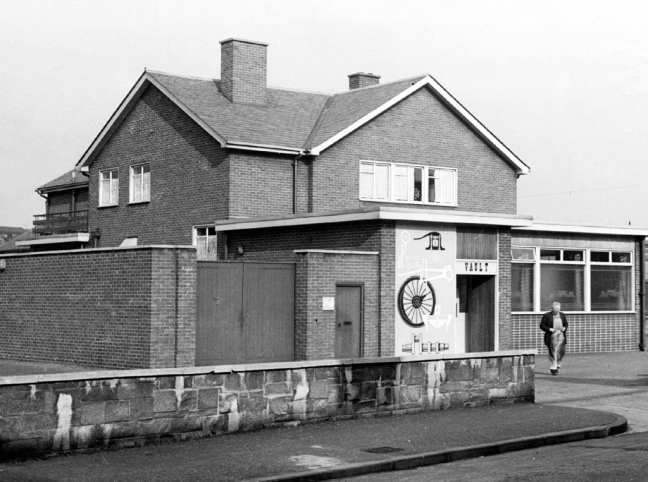Atkinson Road Urmston Manchester M41 9AD
Once the was a hotel here – the Victoria Hotel.
The hotel was designed and built by James Reilly who had done the same for the Pomona Palace.
First thought was to call it the Duke of York ,but by 1874 the hotel was completed and opened as the Victoria.
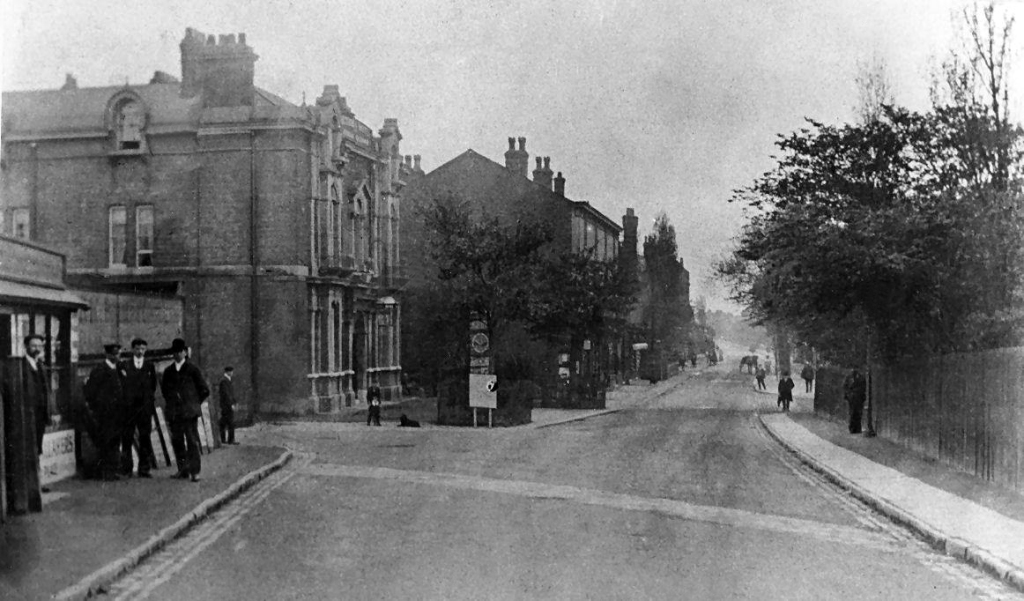
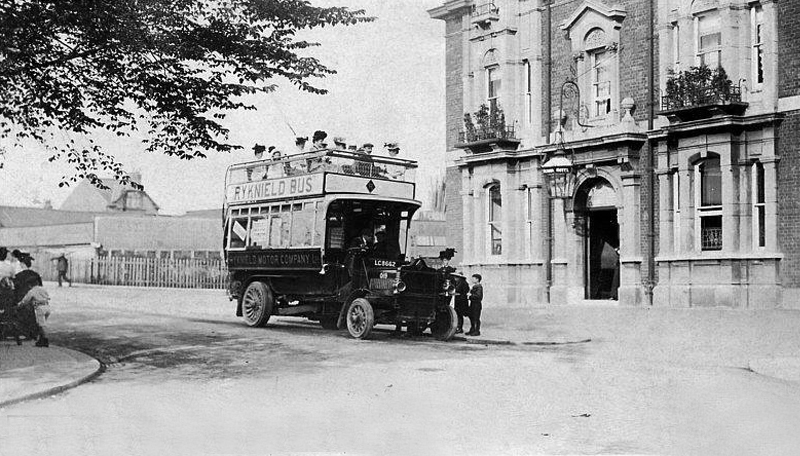
Built in the grand Victorian manner.
But then:
The seven properties were introduced after the Victoria Hotel was replaced. It is formed by shops from Station Road through to Atkinson where the Empress Cinema sat and includes an open arcade with the then new pub. This became Phase Two of Urmston’s redevelopment scheme after the Precinct was decided on. The project by Edendale Property Ltd. and Booth Dale Investments was intended for 1964 but eventually arrived in 1966, since then it has gone through radical changes and major disappointment tending to be the result. 1967 had Council approving of the area being designated a pedestrian precinct and officially named as Victoria Parade.
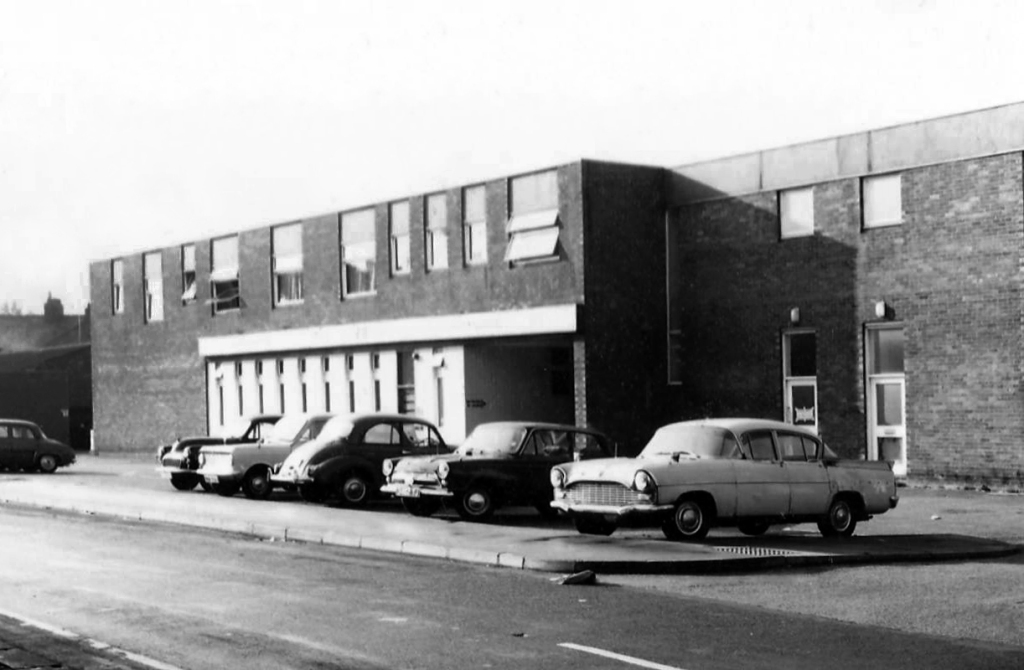
The new arrival seems to have been pared back to a brick and wooden shuttering box, the most austere of Sixties architectural styling.
Its history seems to have been, to say the least, unremarkable – until it received a 2011 makeover as the Boogie Piano Bar.
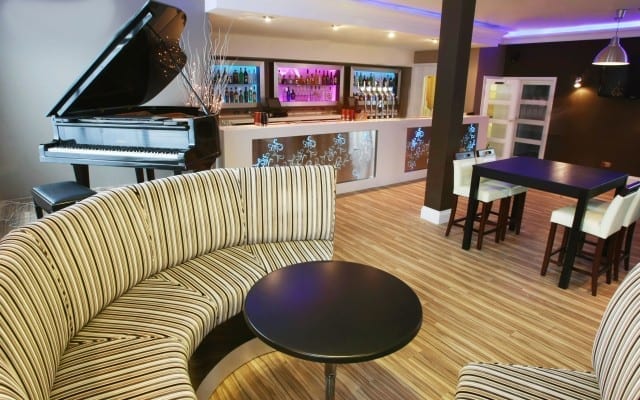
The ‘crazy piano’ phenomena is coming to Manchester for the first time with the launch of The Boogie Piano Bar.
Party-goers throughout the globe have taken to the new-style piano bars for a good sing-song to the latest tunes, as well as classic tracks, and now Britain’s second city will have its first crazy piano venue.
“You have live music and can enjoy a crazy sing-along… it’s not what people think of from a stuffy old school piano venue.”
Inspiral Carpet’s Clint Boon and celebrity make-up artist Armand, were among the guests at the Boogie Piano Bar in Atkinson Road, Urmston, for the VIP opening on Friday, December 2 with a special performance from pianist Tom Lannon.
The brainchild of entrepreneur and restaurateur Joe Abid, the new piano bar is the latest addition to his Urmston venues which include the Boogie Lounge, also refurbished.
With a £160K investment, The Piano Boogie Bar is open seven days a week with live music on Fridays and Saturdays when it is open until 2pm and has capacity for 200 revellers with sumptuous booth seating.
It will be offering cocktails, house wines and fizz and will be serving tapas style snacks as well as a bar menu with burgers, nachos and other bar meals from £6.95. It will also be serving a full Sunday lunch.
The craze for crazy piano appears to have been short lived, as it was reinvented once again, this time as Stage One Bar.
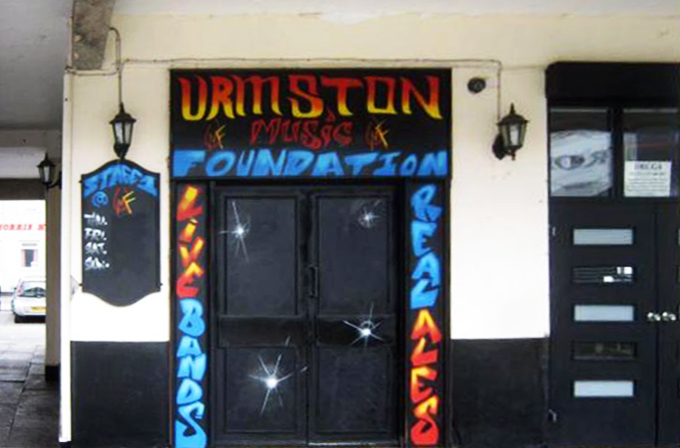
Stage One Bar is part of the Urmston Music Foundation- an all-embracing name for several ideas for venues in Victoria Parade. The project is aimed at young adults with an interest in live music and in performing.
Saturday 6th March 2021, closed even before the Covid crisis and sold at auction for £205,000, the Victoria is now beyond forlorn.
The property is located in Urmston town centre at the end of an established retail parade known as Victoria Parade with access at the rear being taken from Atkinson Road.
Urmston railway station is approximately 150 metres to the north west.
Not much by way of a eulogy.
This particular ugly duckling never ever became swan.
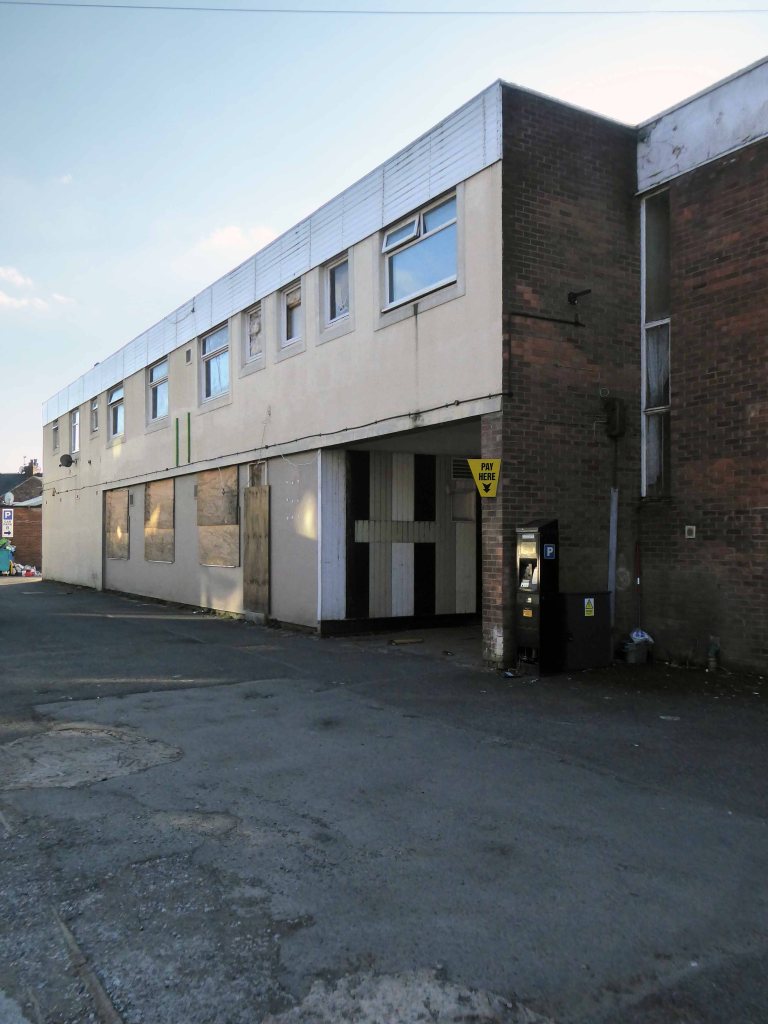
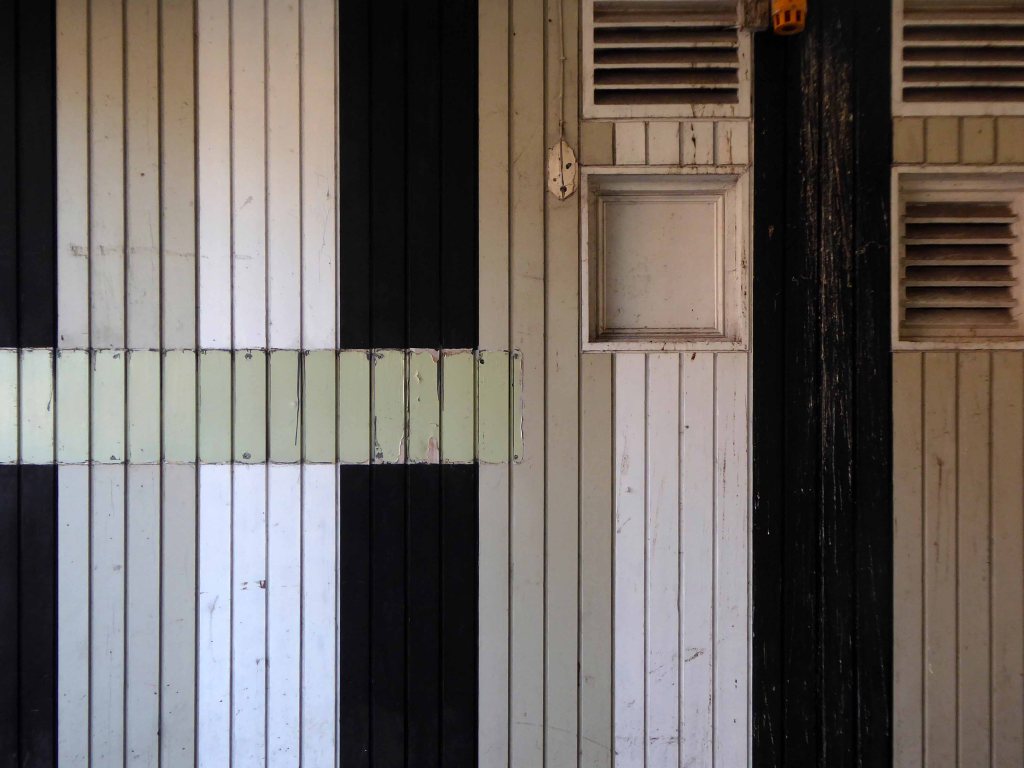
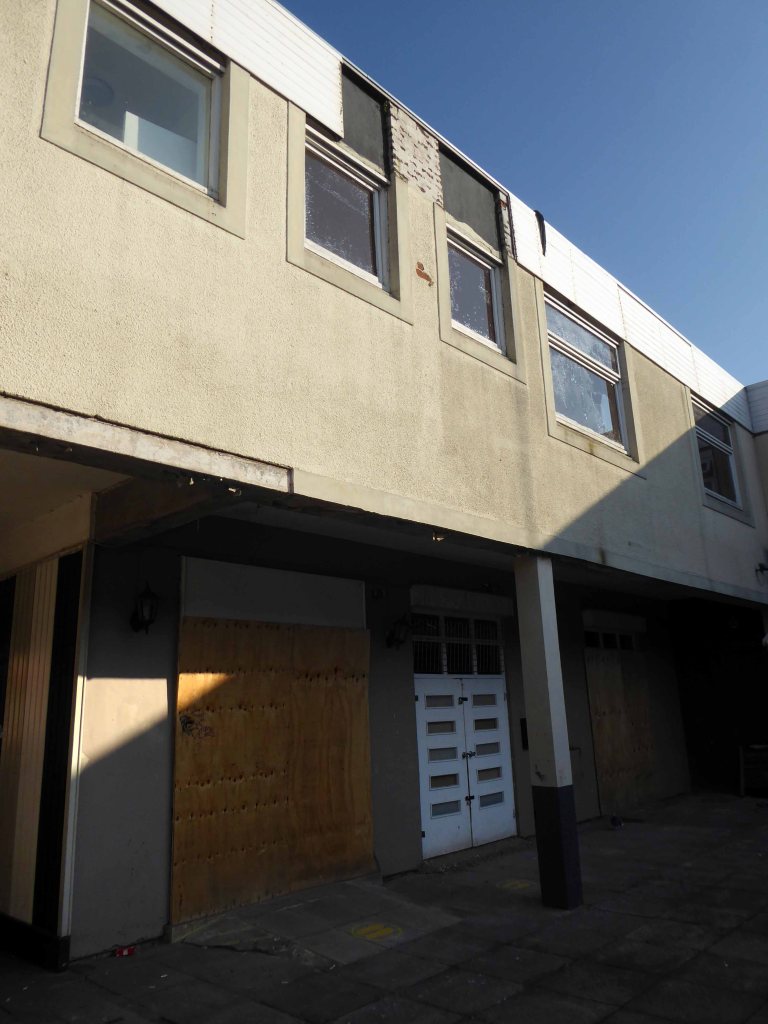
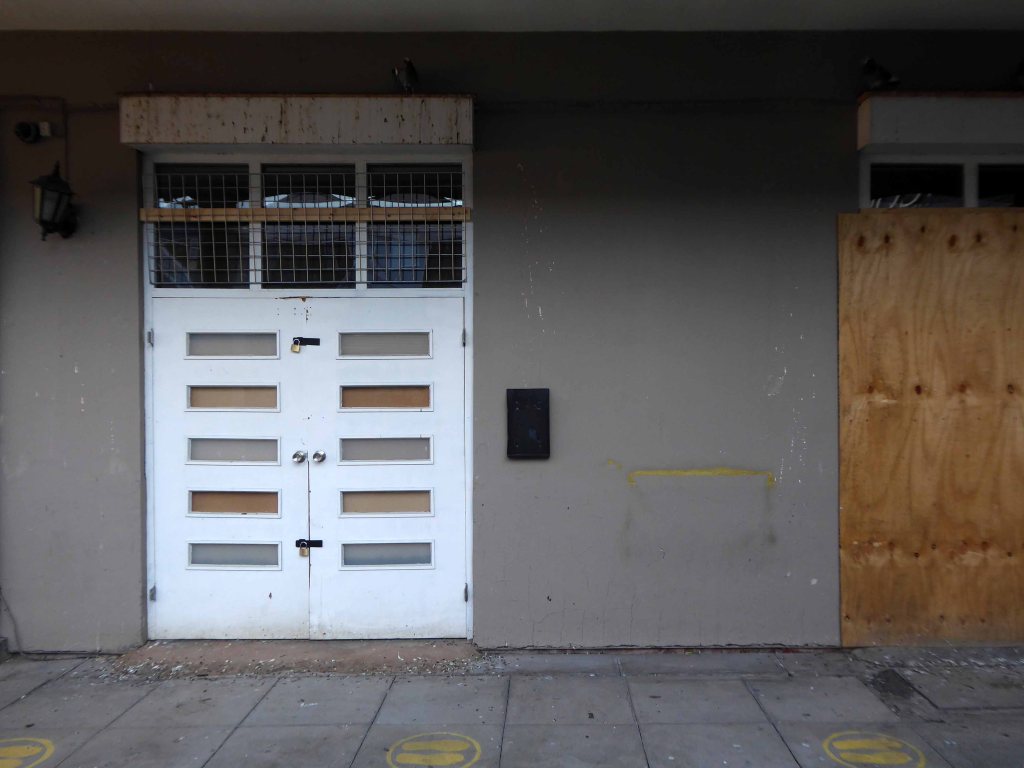
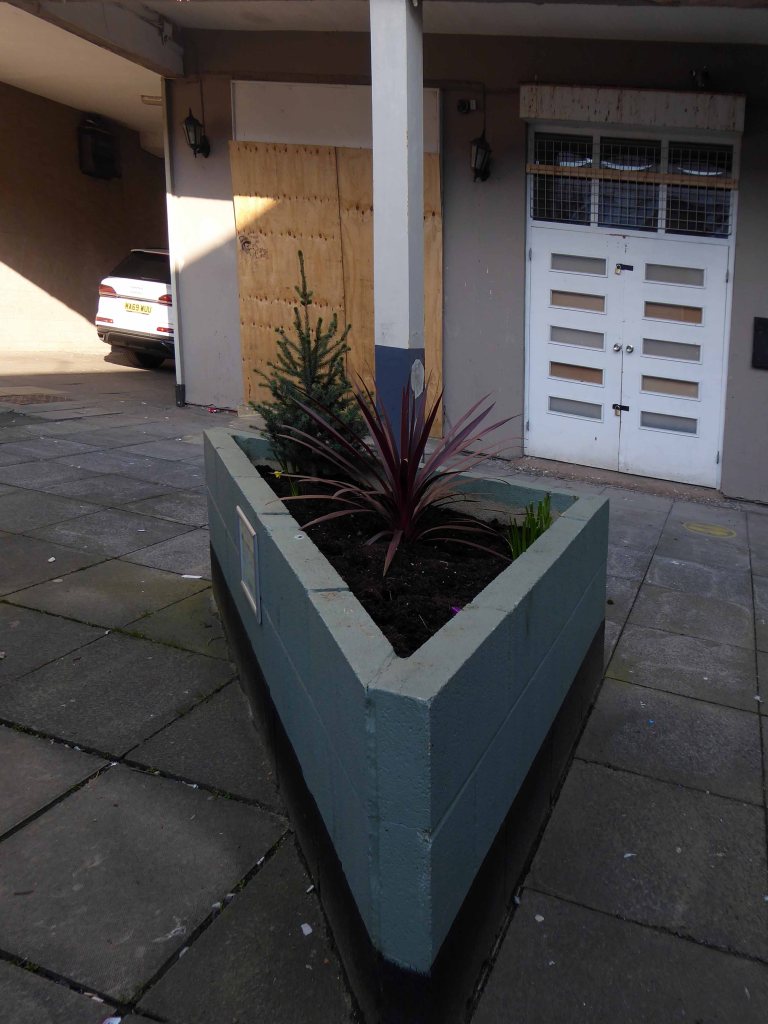
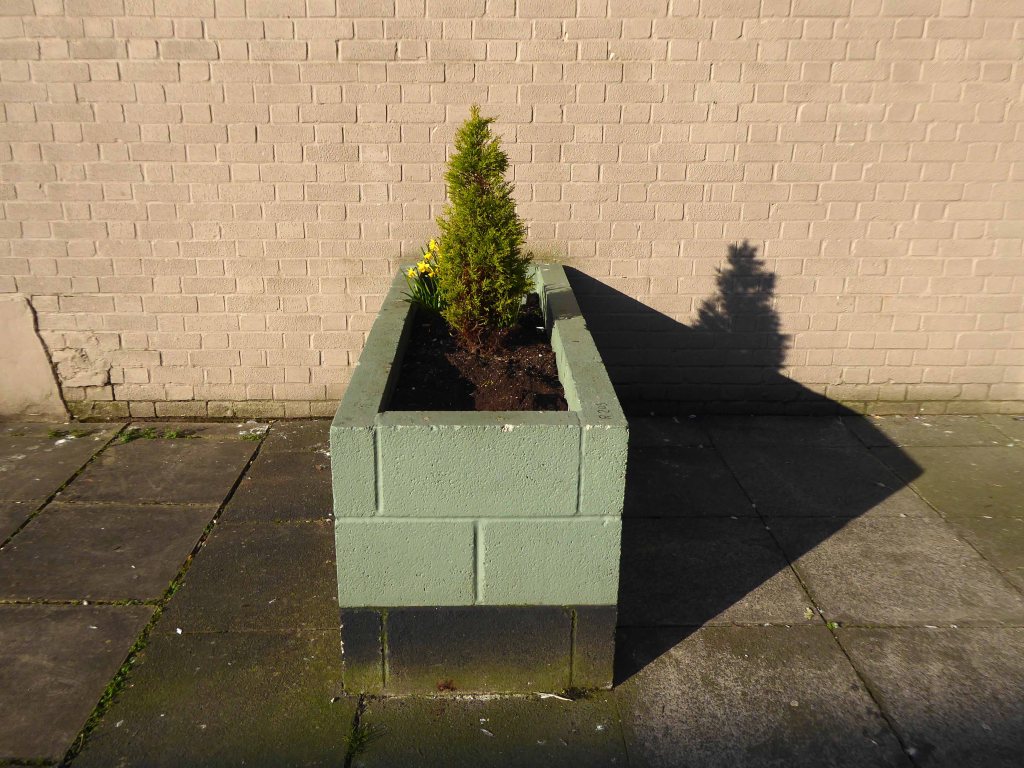
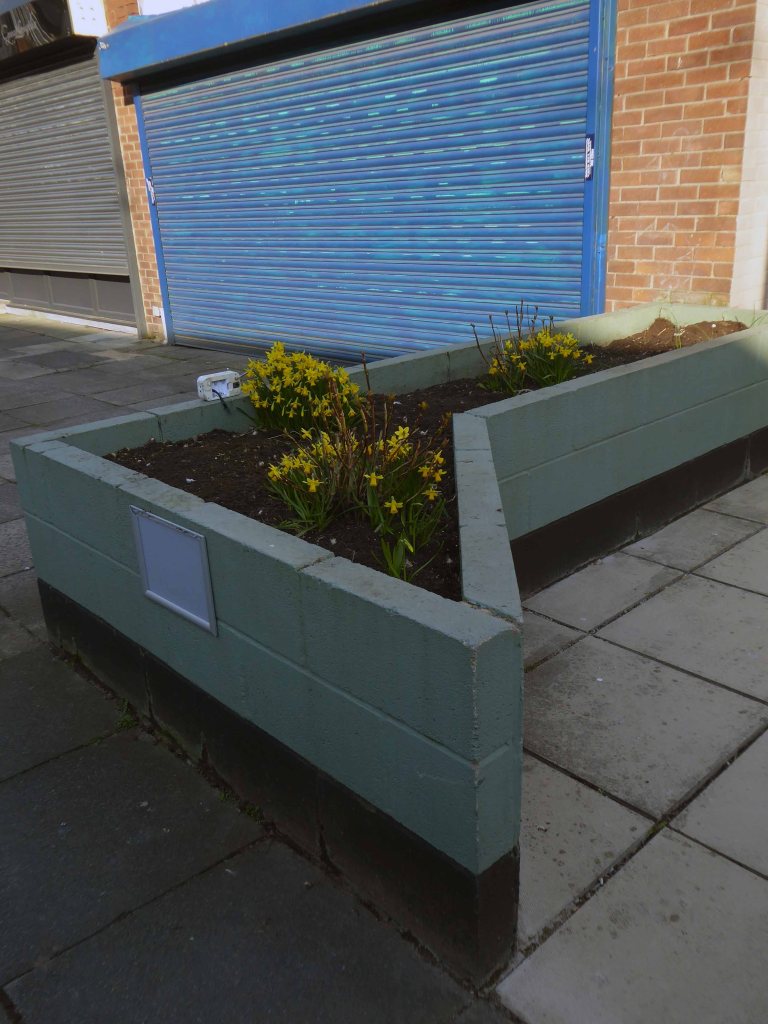
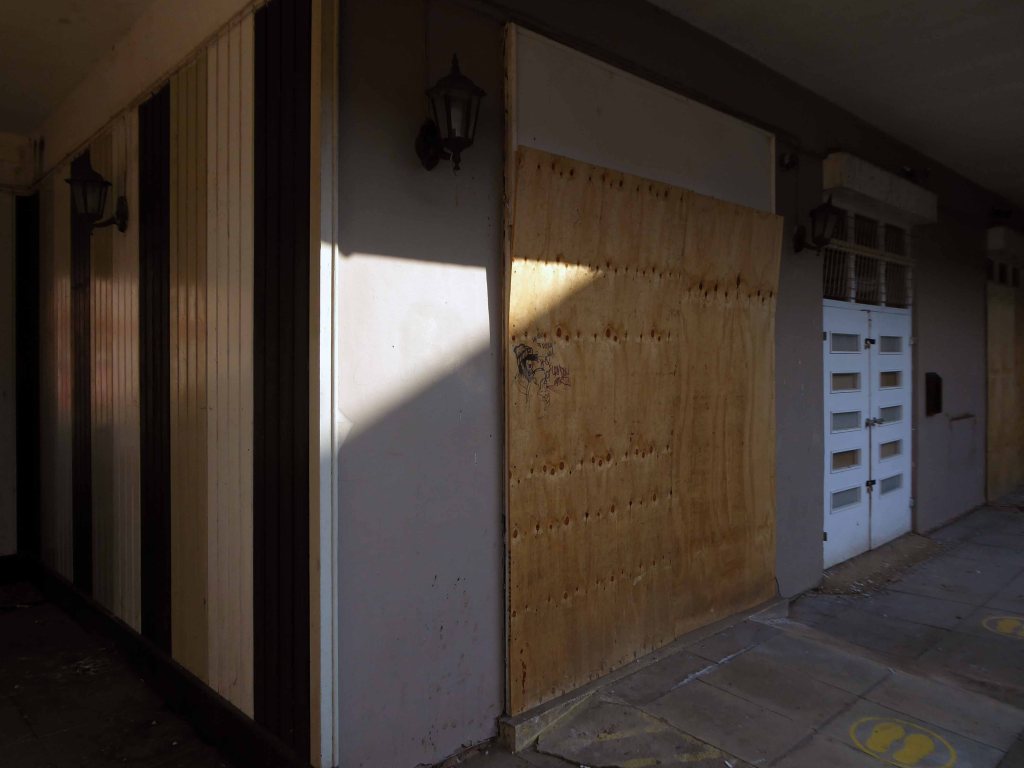
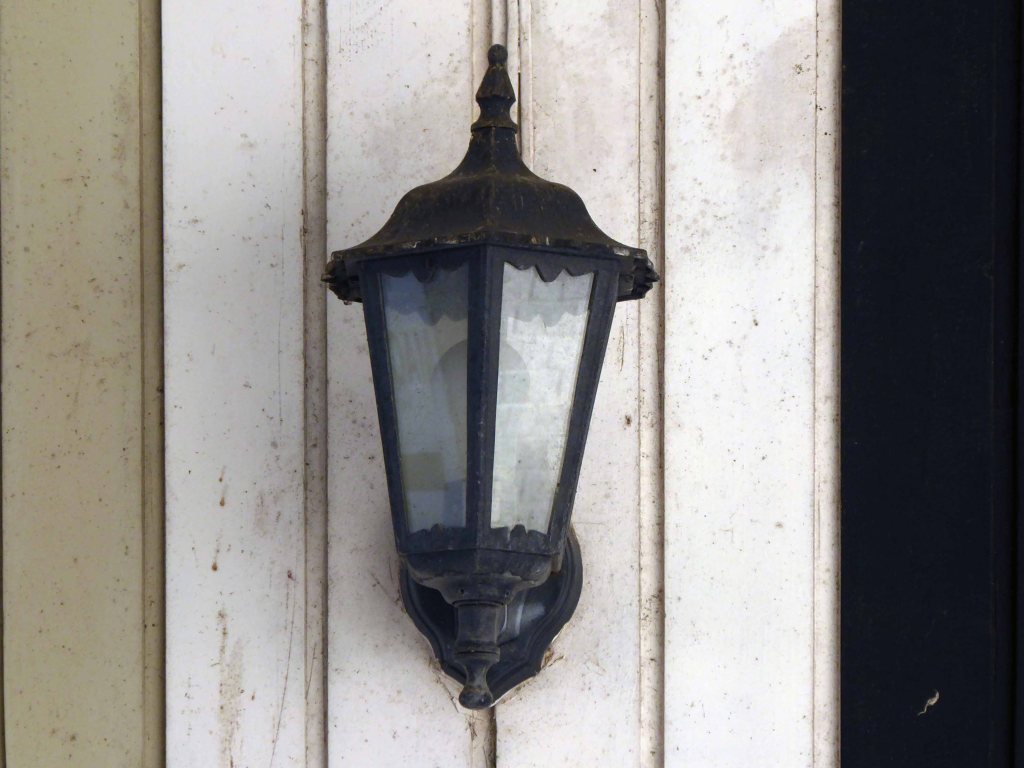
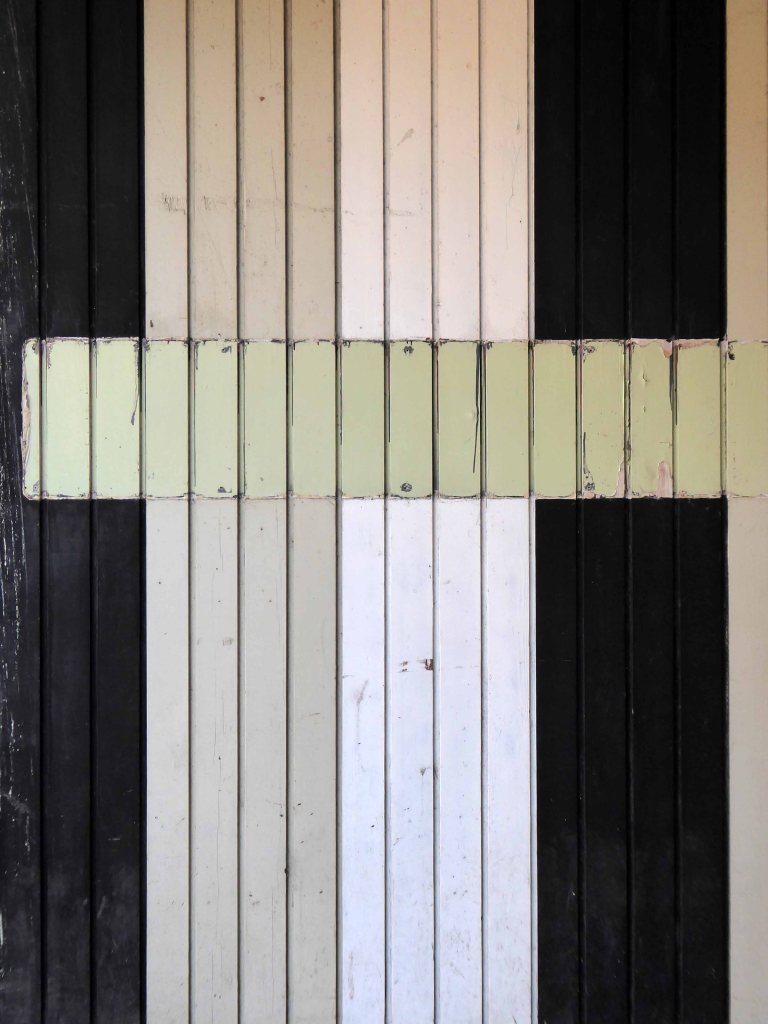
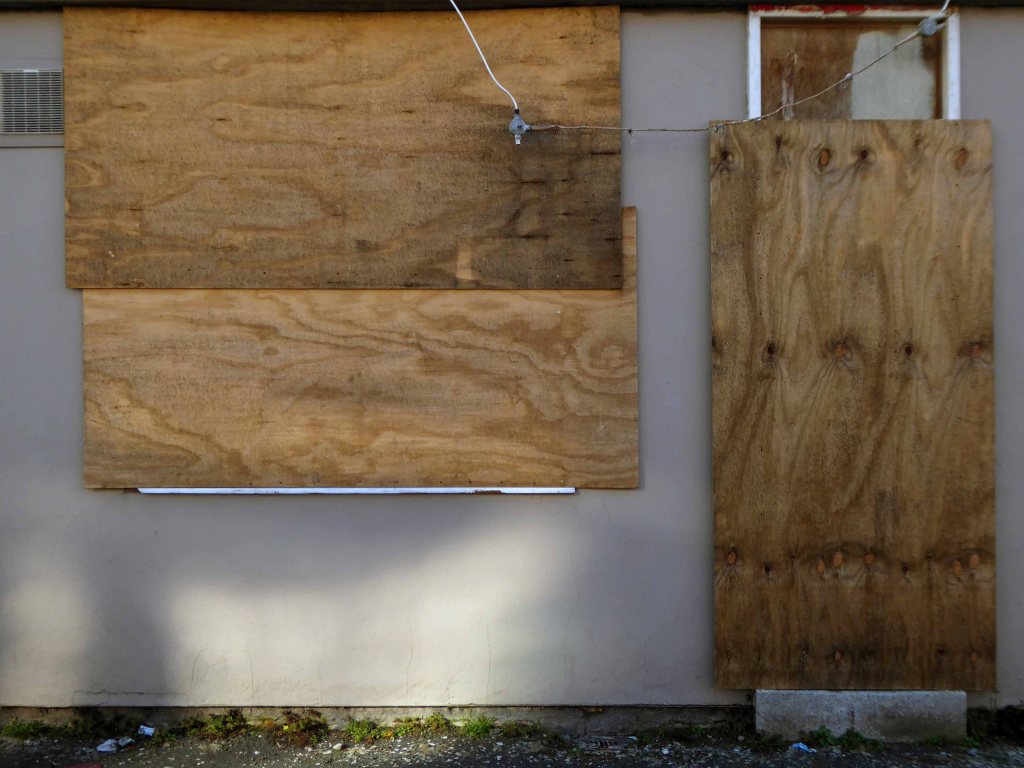
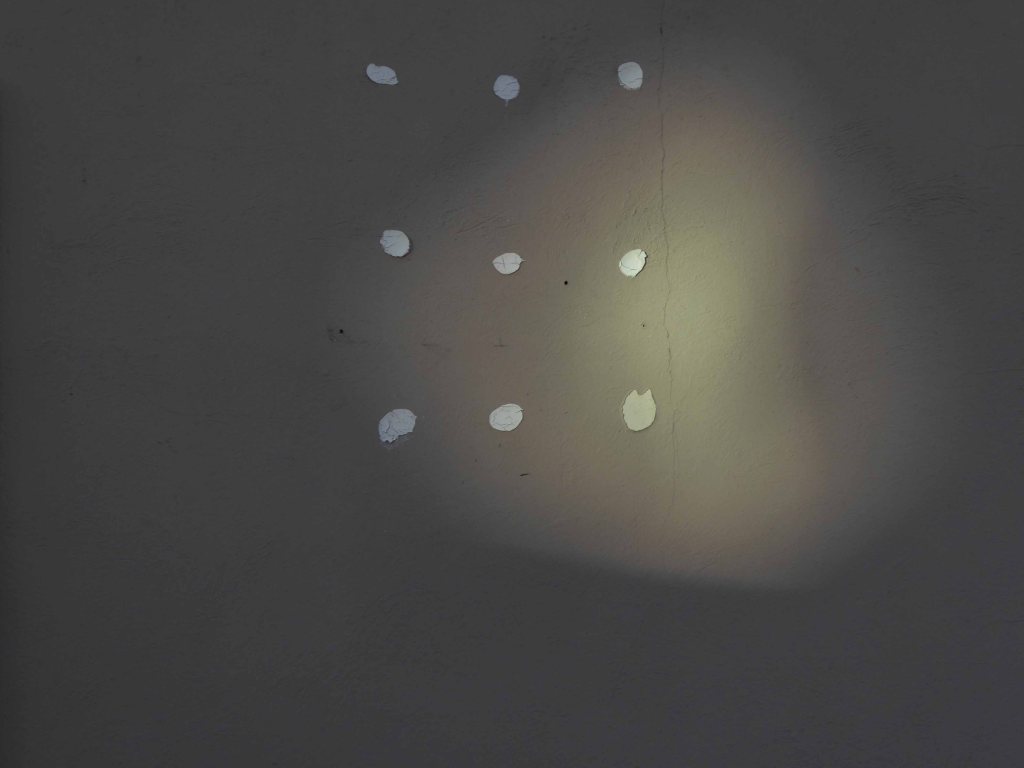
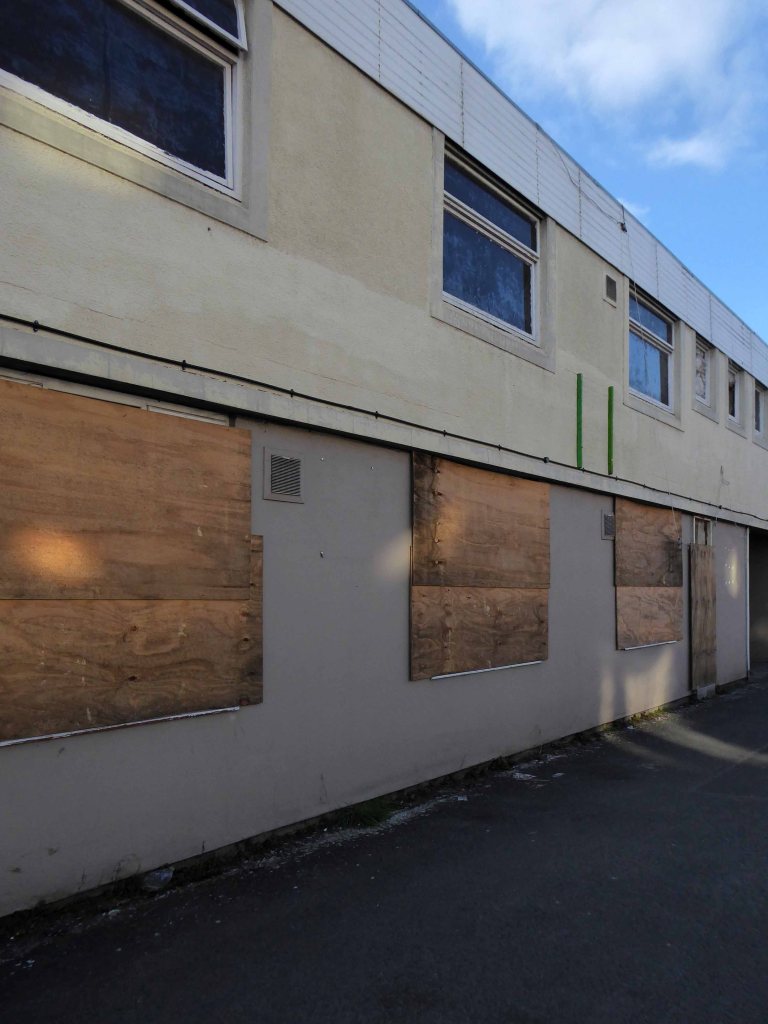
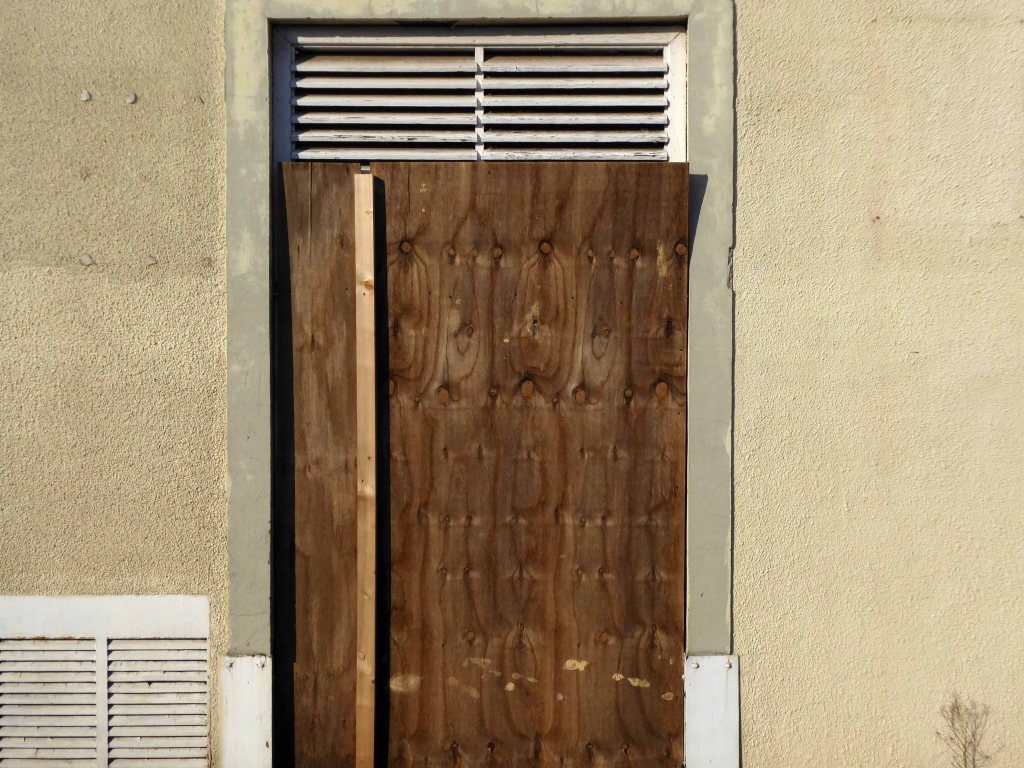
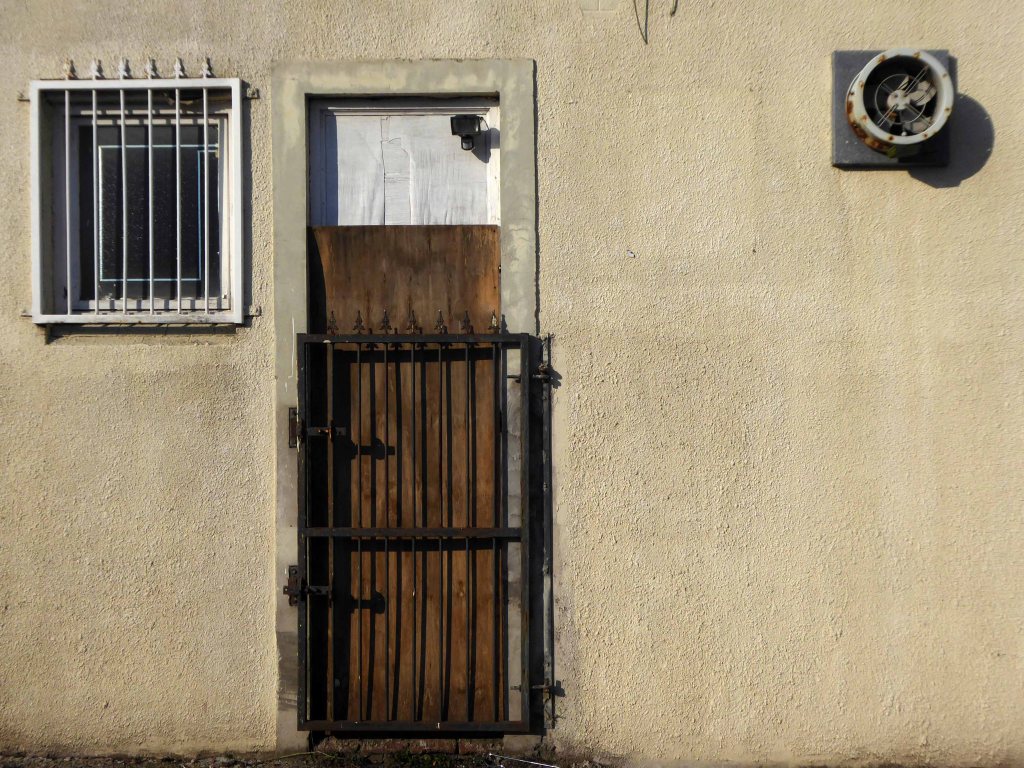
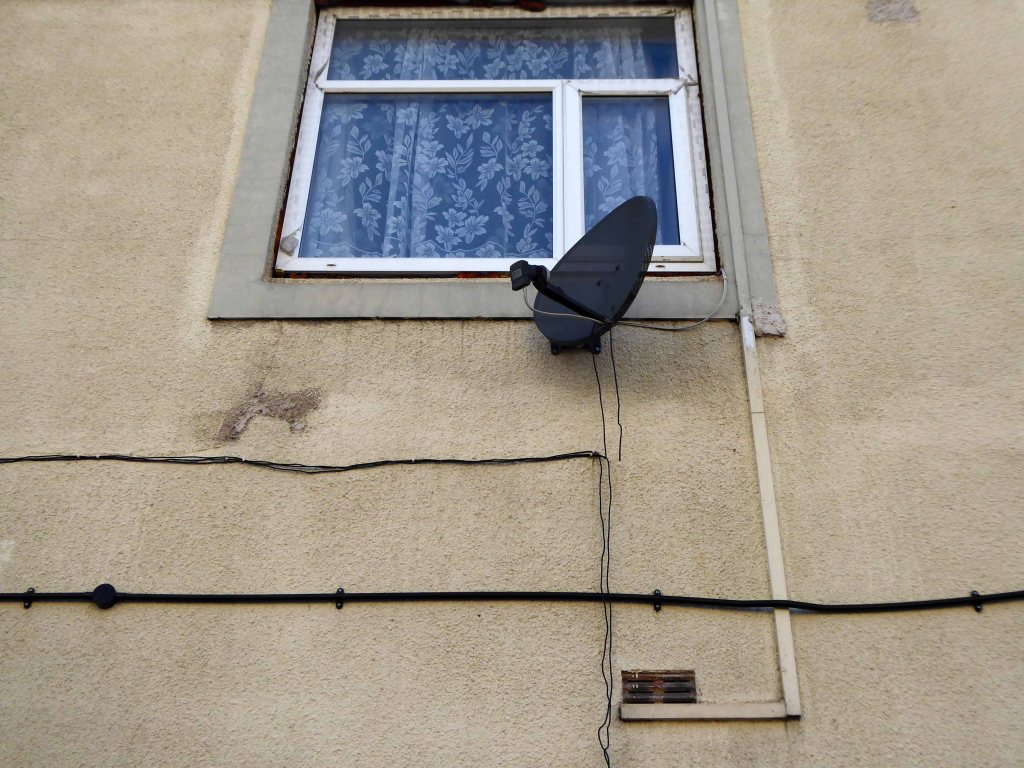
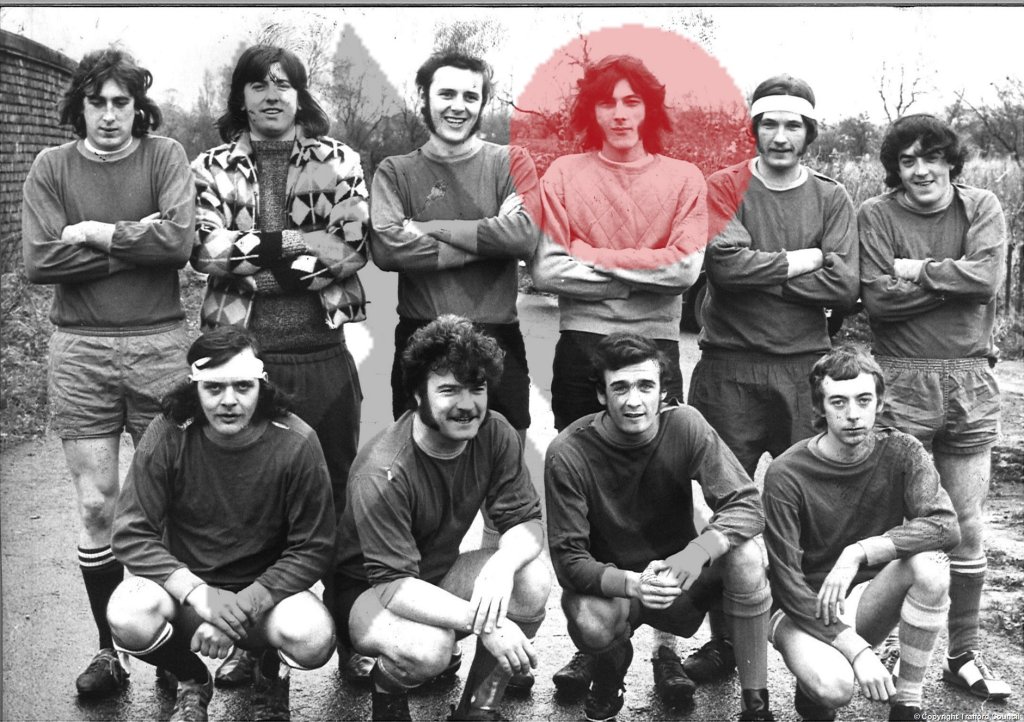
The Victoria Hotel football team pictured here before their derby match with the Lord Nelson in November 1972.
Unfortunately they lost 6-1
